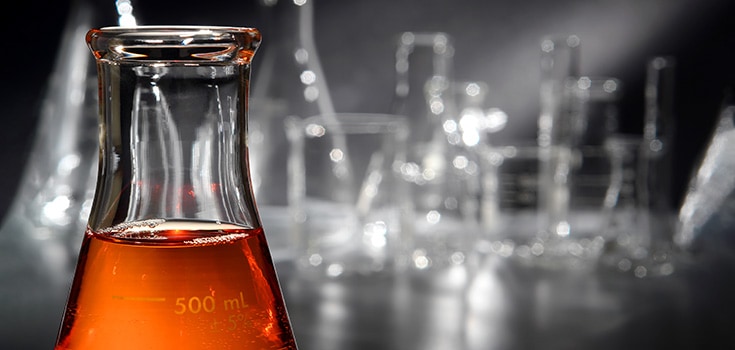Chemical in Common Plastics May Double Diabetes Risk

Phthalates are ‘plasticizer’ chemicals that are commonly found alongside BPA in many plastic products. Often found in soaps, lotions, and even used as a pharmaceutical coating, studies have found that phthalates present a serious risk to your health. The latest research found that those with high phthalate levels are about twice as likely to develop diabetes.
Released April 12th and published in the print edition of the Diabetes Care journal, the study adds to a long list of conditions that are associated with phthalates exposure. Collecting data on more than 1,000 Swedish men and women, lead researcher Monica Lind and her team from Uppsala University reached some shocking conclusions. Observing the blood sugar, insulin levels, and toxins from the breakdown of the phthalates, the scientists found that diabetes was much more common among those with higher blood levels of phthalates — much more so, in fact.
Participants with high phthalate levels had double the risk of developing diabetes in comparison to those with lower levels – lower levels, not zero. Even after taking obesity, cholesterol, smoking, and exercise into account, the link remained.
“Our study supports the hypothesis that certain environmental chemicals can contribute to the development of diabetes,” said Lind.
Phthalates have been previously shown (along with bisphenol-A) to damage your arteries. More specifically, the chemicals were found to lead to cartoid (a vital artery that supplies the head and neck with oxygenated blood) plaques. Sadly, these chemicals are often present in the plastics you may be handling on a daily basis.
One study found that 70% of common plastic products tested positive for estrogenic activity, and the number skyrocketed to 95% when the products were put through real world conditions such as microwaving or dish-washing.
In my article The BPA Solution, I explain how to not only diminish the presence of BPA phthalates in your body, but diminish or reverse the harmful effects of BPA exposure. You should do your best to avoid exposure by choosing products labeled BPA and phthalate free, but do not stress over past BPA exposure. Instead, start taking action today.
Additional Sources:
